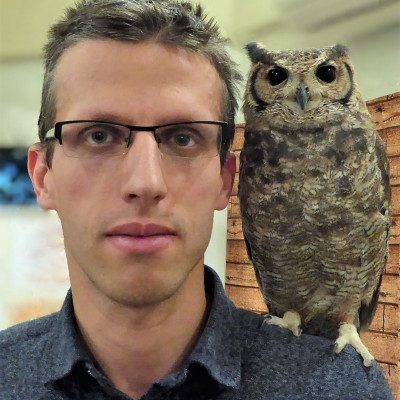Michał B. Paradowski
Institute of Applied Linguistics, University of Warsaw (応用言語学研究所, ワルシャワ大学)
Michał B. Paradowski is an associate professor at the Institute of Applied Linguistics, University of Warsaw (応用言語学研究所, ワルシャワ大学), a teacher and translator trainer, and a language teaching consultant for television. His interests include English as a lingua franca, second and third language acquisition research, foreign language teaching, bilingualism and bilingual education, embodied cognition, educational technology, emergency remote teaching, and complexity science. He has given over 170 invited lectures, seminars and workshops in Europe, America, Africa and Asia (including several repeated visits to Japan). Publications: https://uw.academia.edu/paradowski https://www.researchgate.net/profile/Michal_B_Paradowski http://schoolclosure.ils.uw.edu.pl/publications/

Sessions
Re-examining translanguaging in plurilingual classrooms
The past two decades have witnessed an exponential surge of interest in pedagogical translanguaging (TRLNG), understood as a bi- or multilingual resource-based set of pedagogical practices (traditionally for emergent bilingual students acquiring the societally dominant language) where the medium of instruction is different from the home language(s) of the learners. However, despite the current world fame and popularity of the concept, it is not without problems, which will be examined based on an overview of current pedagogical literature (k = 110; Paradowski 2021, under review). Among the many caveats, we shall see how TRLNG may be less transformative than has been suggested and how the demographics—and language repertoires—of teachers often fail to align with those of the student population. We will also see that TRLNG practices may unintentionally reproduce disadvantages, with language singletons in particular facing steeper challenges. Moreover, not all students appreciate the opportunity to use their home language(s), and TRLNG may actually cause a decrease in well-being. Finally, foreign language classrooms in particular require the reconciliation of many conflicting goals. The talk will conclude with a recommendation of more critically aware and reflective plurilingual pedagogies that always take into account the circumstances and ecologies of the classroom and the subjectivities of the students.